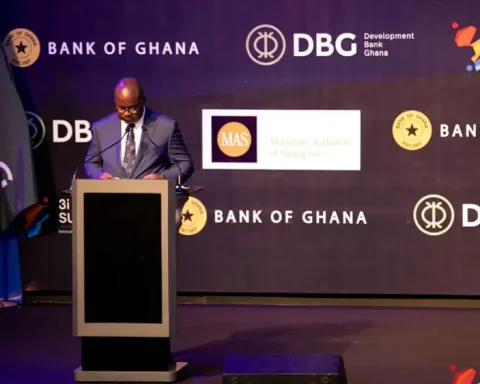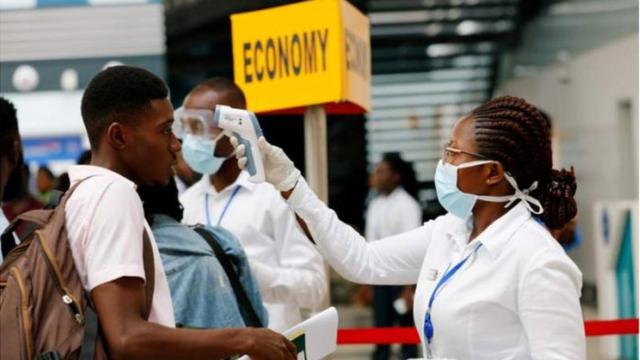The Sissala Rural Bank has organized its 11th Annual General Meeting (AGM) in Tumu with a call on the public to cultivate the habit of saving and patronizing the bank.
Mr Godfrey Baveru Kanton, the board chairman of the bank presenting an annual report to shareholders said, despite all the odds in the banking sector during the period under review, the bank's deposit increased to GH¢6,231,827.00 in 2020 from GH¢4,660,872.00 in 2019? ?representing 33.7 per cent, which showed that the bank had the capacity to lend and invest to the shareholders.?
“In view of the clean-up exercise in the banking sector by the Bank of Ghana, the Covid-19 pandemic and other negatives, the bank still made modest gains in its operation where total assets, which stood at GH¢ 6370,373.00 in 2019 increasing to GH¢7,347,363.00 in 2020 representing 15.33 per cent. Loans and advances moved from GH¢1,683,270.00 in 2019 to GH¢1,950,524.00 in 2020 whilst share capital also moved from GH¢554,387.00 in the previous year to GH¢611,114.00 in 2020, which makes the bank competitive.
He added that with a net worth of satisfactory grading by both the Bank of Ghana and the ARB Apex Bank Ltd for the year ending 31st December 2020 because of its liquidity strength and assured shareholders that the bank was doing well and needed to be patronized by all.
“Despite the banks' inability to pay dividends to its shareholders given its inability to meet the minimum share capital of GH¢1,000,000.00 required by the bank of Ghana, it managed to stabilize the bank for being solvent in meeting its liabilities.
The board chairman noted, however, that the bank made a total loss of GH¢662,526.00 before tax during the year under review (2020 financial year) as against a loss of GH¢ 682,134,00 in the 2019 financial year.?
This, he said, showed a marked improvement of 24 per cent reduction in the losses over the previous year (2019 financial year) and that as a result, no transfer was made to the statutory reserve fund.
Mr Thomas Awini, the Chief Executive Officer of the bank cited the low paid-up capital, high loan delinquency, low patronage of some of the bank's products and services coupled with the stiff competition with many financial institutions in the catchment area as challenges that face the bank and called for the public to buy more shares.









